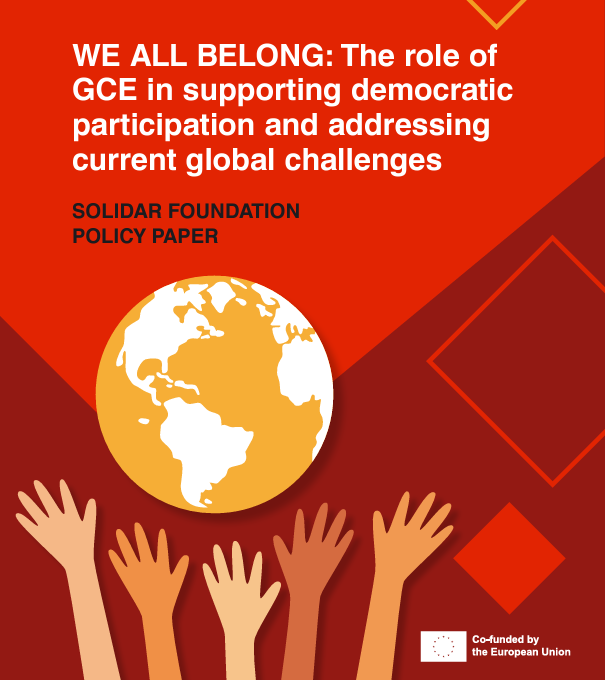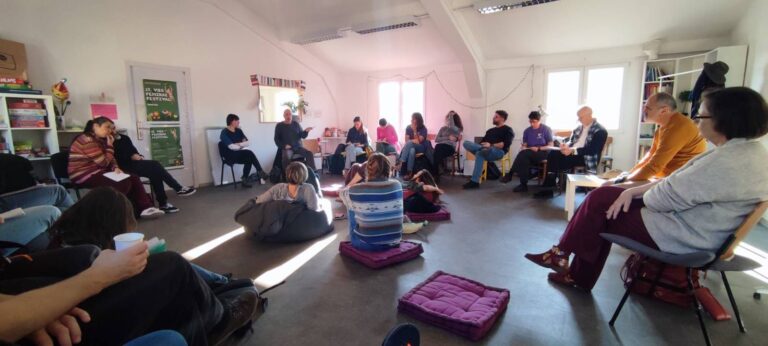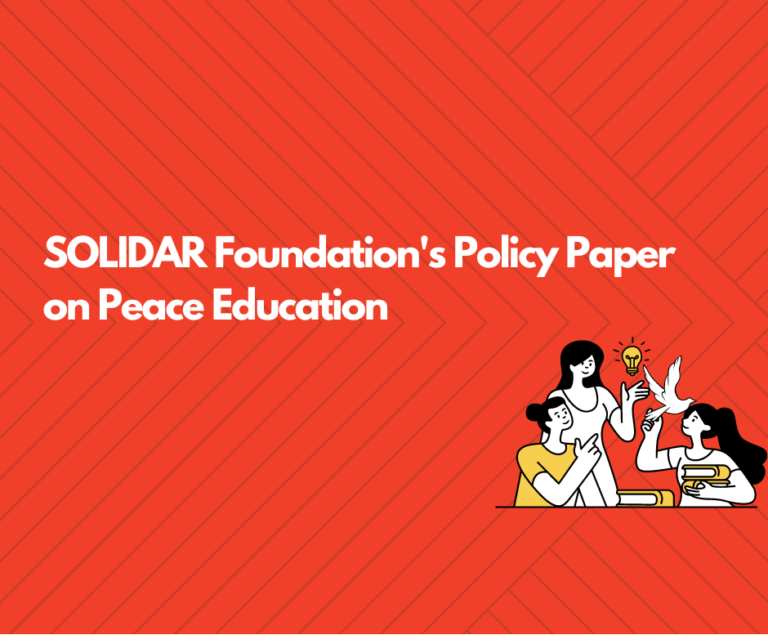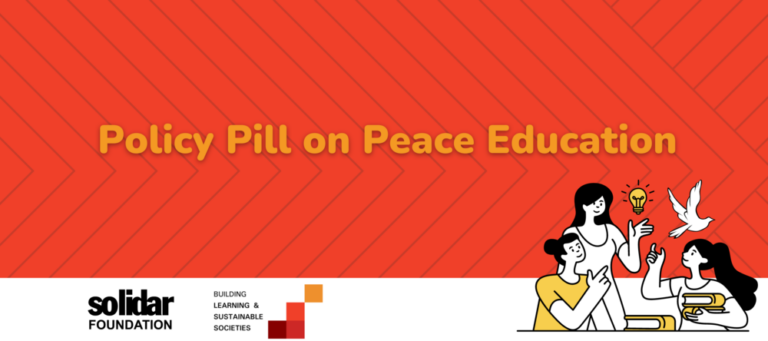An inclusive journey to peace: Peace Education as a public good | SOLIDAR Foundation Statement
On the occasion of the International Day of Peace, it is crucial for SOLIDAR Foundation to underline the importance of Peace Education, particularly in the current political situation.
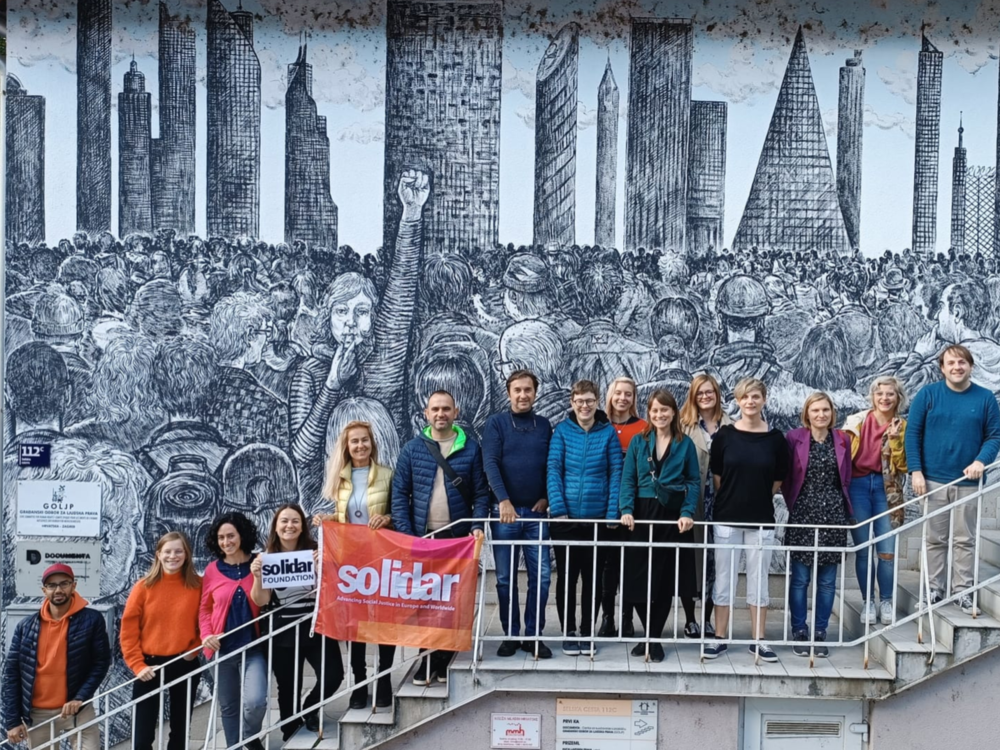
While the world counts several open conflicts, including in Europe, SOLIDAR Foundation members come together in Zagreb to reaffirm peace education as a tool for achieving learning and sustainable societies.
Peace education has been central to the work of the SOLIDAR Foundation membership across Europe and beyond. All of our members strive to achieve social justice through quality education, publicly funded and accessible to all learners throughout their lives.
Peace education by definition can only be tackled by developing a sense of belonging to a global community, and as such it is envisioned by SOLIDAR members as an important part of Global Citizenship Education, empowering citizens everywhere to work together for a peaceful, just and environmentally sustainable world.
Non-formal and informal education can play a greater role for a holistic provision of Peace Education also when it happens in formal education settings. Indeed, non-formal and informal education are best suited to truly reach and include all learners, of all backgrounds, and as such it can help to boost the objectives of formal education too. Only if all learners are involved and reached out to in a perspective of equity can we truly ensure that all actors in society will be involved in Peace Education. This is how we can build inclusive learning societies, in which diversity is enhanced and minorities find their space, and communities and participation underpin policymaking.
This allows people involved in communities in conflict areas to truly tackle all sources of conflict they might have encountered personally, and to build their own counternarrative to conflict narratives. The sources of conflict may be economic, social, cultural, political or religious, and often lead to discrimination. When conflict stems from discrimination, formal and informal education can empower all people who are discriminated against in society to develop critical thinking resulting in enhanced democratic participation and social justice, and ultimately leading to social cohesion.
SOLIDAR Foundation thus advocates for more public resources to be given to peace education and to the civil society organisations implementing it, using non-formal education and informal learning, ensuring a whole school approach, for all learners, in an inclusive, just and sustainable way.
For all these reasons, our members are gathered in Zagreb for a Study Visit in which they learn and exchange good practices on Peace Education, and SOLIDAR Foundation is now developing a policy paper on the topic of Peace Education, which will outline the work of our membership on this theme and will culminate with evidence-based policy recommendations that will be presented in November.


